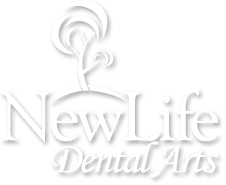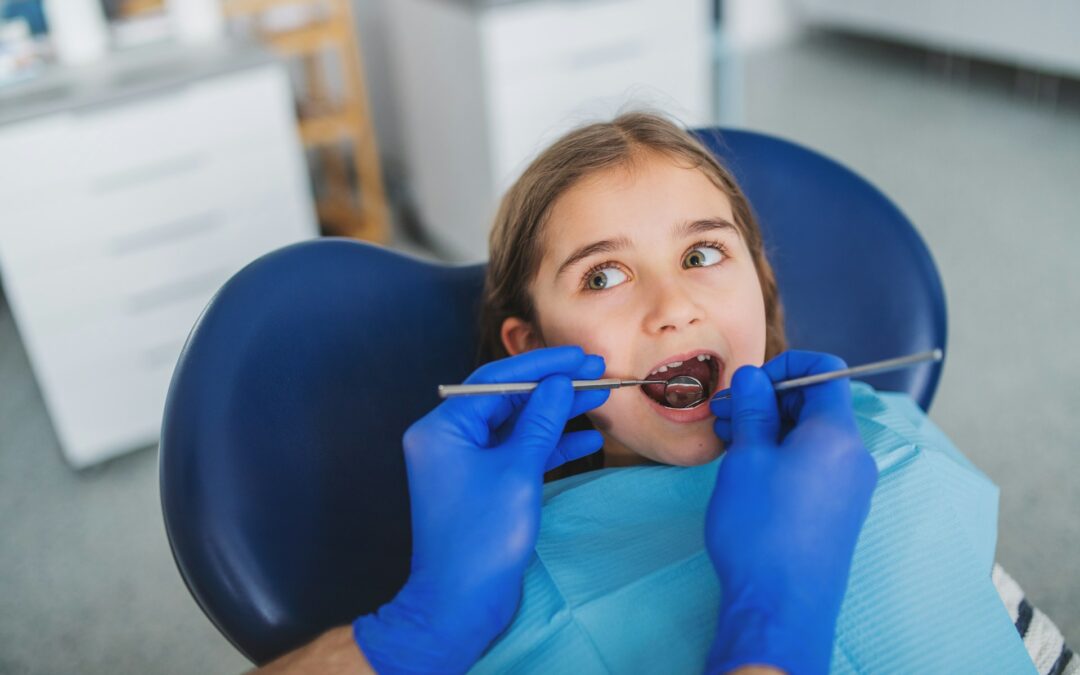Having a healthy smile takes more than just luck. It requires good habits and smart choices every day. Taking care of your teeth doesn’t have to be hard, but it does need to be a part of your daily routine. This means brushing and flossing correctly, watching what you eat, and visiting the dentist regularly.
Brushing and flossing are the first steps to keeping your teeth clean and healthy. Doing these things every day helps remove food and plaque from your teeth and gums. But it’s also important to know the right way to brush and floss so you can get the best results.
What you eat also plays a big role in the health of your teeth. Some foods can help keep your teeth strong, while others can harm them. Knowing which snacks and drinks to avoid can make a big difference in your smile.
Regular visits to the dentist are key to finding and fixing problems early. Dentists can spot issues before they become big problems, saving you time and discomfort. Using the right dental products at home also makes a big difference. Picking the right toothpaste, toothbrush, and even mouthwash improves your oral health.
In this article, we will explore simple and effective habits for maintaining a healthy smile that lasts a lifetime.
Brush and Floss Regularly
Daily brushing and flossing are essential for maintaining good oral health. Brushing helps remove food particles and plaque from the surface of the teeth, while flossing cleans between the teeth and under the gumline, where a toothbrush can’t reach. This daily routine helps prevent cavities and gum disease.
Proper brushing techniques include using a soft-bristled toothbrush and fluoride toothpaste. Brush for two minutes, making sure to clean all surfaces of your teeth: front, back, and chewing surfaces. Hold the brush at a 45-degree angle to your gums and use gentle, circular motions. For flossing, use about 18 inches of floss, winding most of it around your middle fingers and leaving a few inches to work with. Gently slide the floss between your teeth, curving it around each tooth and moving it up and down.
For best results, brush your teeth at least twice a day, in the morning and before bed. Floss at least once a day, preferably before bedtime, to ensure that no food particles or plaque remain between your teeth overnight.
Watch Your Diet for Better Oral Health
Your diet plays a big role in your oral health. Certain foods can help keep your teeth and gums healthy. Dairy products like milk and cheese are rich in calcium, which helps strengthen your teeth. Crunchy fruits and vegetables like apples and carrots can help clean your teeth as you eat.
On the other hand, snacks and drinks that are high in sugar or acid can harm your teeth. Candies, sodas, and even fruit juices can lead to cavities. Sticky snacks like gummy candies or dried fruits can cling to your teeth and feed harmful bacteria.
Sugar and acidic foods can weaken your tooth enamel, making it easier for cavities to form. To protect your teeth, try to limit how often you eat these foods. If you do eat them, make sure to rinse your mouth with water afterward and brush your teeth soon. Eating a balanced diet with plenty of water can help keep your smile healthy and bright.
Visit the Dentist Twice a Year
Regular dental checkups are crucial for keeping your mouth healthy. Visiting the dentist twice a year can help catch problems early before they become serious. Your dentist will check for cavities, gum disease, and other issues that you might not notice at home.
During a typical dental visit, the dentist will first review your medical history and ask about any issues you have been experiencing. Next, your teeth will be thoroughly cleaned to remove plaque and tartar. The dentist will then check your teeth, gums, and mouth. Sometimes X-rays will be taken to see what’s happening below the surface.
To make the most of your dental appointments, always come prepared with any questions or concerns you might have. Make sure to mention any changes in your dental health, like sensitivity or pain. Follow any advice or recommendations the dentist gives, and schedule your next visit before you leave the office.
Use the Right Dental Products
Choosing the right dental products can make a big difference in your oral health. Look for a toothbrush with soft bristles and a size that comfortably fits your mouth. Replace your toothbrush every three to four months, or sooner if the bristles are frayed. Use toothpaste that contains fluoride, which helps to protect against cavities and strengthen enamel.
Mouthwash can also be beneficial. It helps to rinse away lingering food particles and can kill bacteria that cause bad breath and gum disease. However, mouthwash should not replace brushing and flossing.
Consider additional treatments like dental sealants or fluoride treatments, especially for children. Sealants protect the chewing surfaces of the back teeth from decay by sealing out food and bacteria. Fluoride treatments can be applied during dental visits to add extra protection against cavities. Discuss these options with your dentist to see if they are right for you or your child.
Conclusion
Maintaining good oral health habits is essential for a bright, healthy smile. By brushing and flossing regularly, watching your diet, visiting the dentist twice a year, and using the right dental products, you can ensure the best care for your teeth and gums. Each of these steps plays a crucial role in preventing dental problems and promoting overall well-being.
At New Life Dental Arts, we are dedicated to making dental care a positive experience for your entire family. Our goal is to help you achieve and maintain excellent oral health with our comprehensive dental services.
If you have any concerns or need to schedule a check-up, don’t hesitate to reach out to us. Make your dental health a priority and keep smiling with confidence. Schedule your appointment with New Life Dental Arts today!

